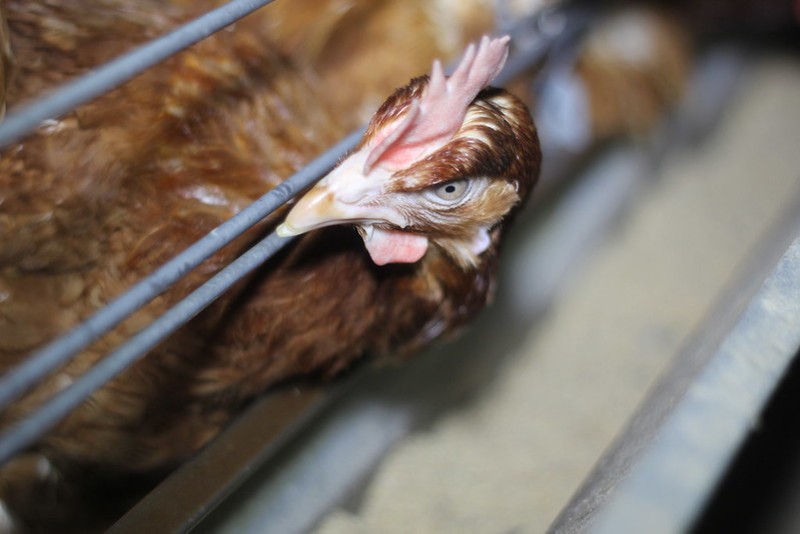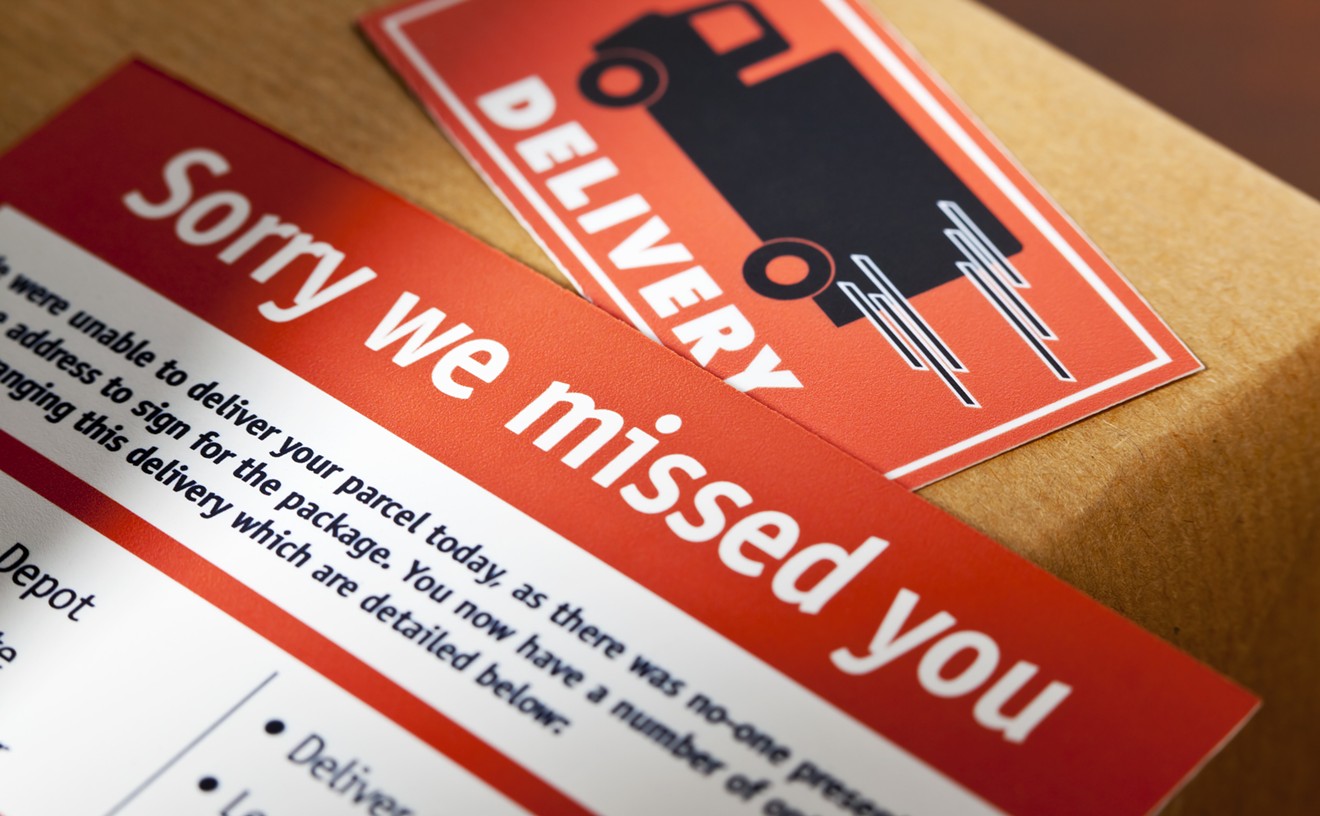Imagine the sound of happy hens, scratching, pecking, and laying eggs, and no cages in sight — a sound that, in five years, could fill industrial egg barns all over Arizona. The prospect is positively pastoral.
On Wednesday, the state House of Representatives passed an industry-backed bill that would require the state's largest egg producers to go cage-free by 2025, and start giving hens double the space they currently have (144 square inches, instead of 66) even sooner, by the end of this year.
House Bill 2724 was pushed by Hickman's Family Farms, the state's largest egg producer, as Walmart, Kroger, Target, Costco, and hundreds of major food companies have pledged to sell only cage-free eggs, many of them by 2025.
Hickman's has about 9 million hens in facilities in Arlington, Tonopah, and Maricopa that lay almost 2 billion eggs each year. Some of those facilities began going cage-free in 2016, the Arizona Republic has reported.
The only other major egg producer in Arizona is Rose Acre Farms, whose 2-million-hen facility in La Paz County is already cage-free.
The bill is a result of a deal between Hickman's and the Humane Society of the United States, which has successfully pushed similar legislation in other states, including Washington, Michigan, and Oregon, in conjunction with the egg industry. The Humane Society also drafted language for a ballot initiative in California, Proposition 12, banning animal confinement. Voters passed that in 2018.
The egg industry has given little indication that these changes have to do with actually caring about chickens, though.
The bill's sponsor, Representative Timothy Dunn, a Republican from Yuma, previously told Phoenix New Times that Hickman's had approached him and asked him to run the bill because "they have negotiated something that they believe they can live with, to stay in business."
"Because of all the corporate announcements of major food businesses going cage-free, the egg industry realizes that there's no future in cages," said Josh Balk, the Humane Society's vice president for farm animal protection.
"We've come to a point where the industry is moving in a positive direction that dramatically improves the welfare for egg-laying hens," he added. "And now they're seeking help from legislators to provide certainty for their investment."
Hens kept in battery cages still represent the vast majority of the egg industry. Those cages are less than a standard letter-size piece of paper, stopping hens from doing so much as fluffing their wings or even walking, for the entirety of their lives.
Some experts have questioned how much conditions will actually improve in a cage-free environment, pointing to the fact that new laws mandating cage-free spaces don't change the fact that hens are crammed into a giant warehouse, or that they are subject to practices like forced molting.
Balk said cage-free, "while not utopia, is a dramatic step forward" for hens, compared to being barricaded in a cage.
The agriculture industry has raised concerns about increases in egg prices, with the Arizona Farm Bureau forecasting that prices would rise by $1 per dozen, if the legislation passes, KJZZ reported.
Balk disagreed, citing research from the University of California, Riverside (albeit from 2006), showing that the price of a dozen eggs would rise by less than 12 cents because of going cage-free.
New Times has reached out to Hickman's for comment and will update this story with any responses.

Audio By Carbonatix
[
{
"name": "Air - MediumRectangle - Inline Content - Mobile Display Size",
"component": "18478561",
"insertPoint": "2",
"requiredCountToDisplay": "2",
"watchElement": ".fdn-content-body",
"astAdList": [
{
"adType": "rectangle",
"displayTargets": "mobile"
}
]
},{
"name": "Editor Picks",
"component": "16759093",
"insertPoint": "4",
"requiredCountToDisplay": "1",
"watchElement": ".fdn-content-body",
"astAdList": [
{
"adType": "rectangle",
"displayTargets": "desktop|tablet"
},{
"adType": "rectangle",
"displayTargets": "desktop|tablet|mobile"
}
]
},{
"name": "Inline Links",
"component": "17980324",
"insertPoint": "8th",
"startingPoint": 8,
"requiredCountToDisplay": "7",
"maxInsertions": 25
},{
"name": "Air - MediumRectangle - Combo - Inline Content",
"component": "16759092",
"insertPoint": "8th",
"startingPoint": 8,
"requiredCountToDisplay": "7",
"maxInsertions": 25,
"watchElement": ".fdn-content-body",
"astAdList": [
{
"adType": "rectangle",
"displayTargets": "desktop|tablet"
},{
"adType": "rectangle",
"displayTargets": "desktop|tablet|mobile"
}
]
},{
"name": "Inline Links",
"component": "17980324",
"insertPoint": "8th",
"startingPoint": 12,
"requiredCountToDisplay": "11",
"maxInsertions": 24
},{
"name": "Air - Leaderboard Tower - Combo - Inline Content",
"component": "16759094",
"insertPoint": "8th",
"startingPoint": 12,
"requiredCountToDisplay": "11",
"maxInsertions": 24,
"watchElement": ".fdn-content-body",
"astAdList": [
{
"adType": "leaderboardInlineContent",
"displayTargets": "desktop|tablet"
},{
"adType": "tower",
"displayTargets": "mobile"
}
]
}
]













